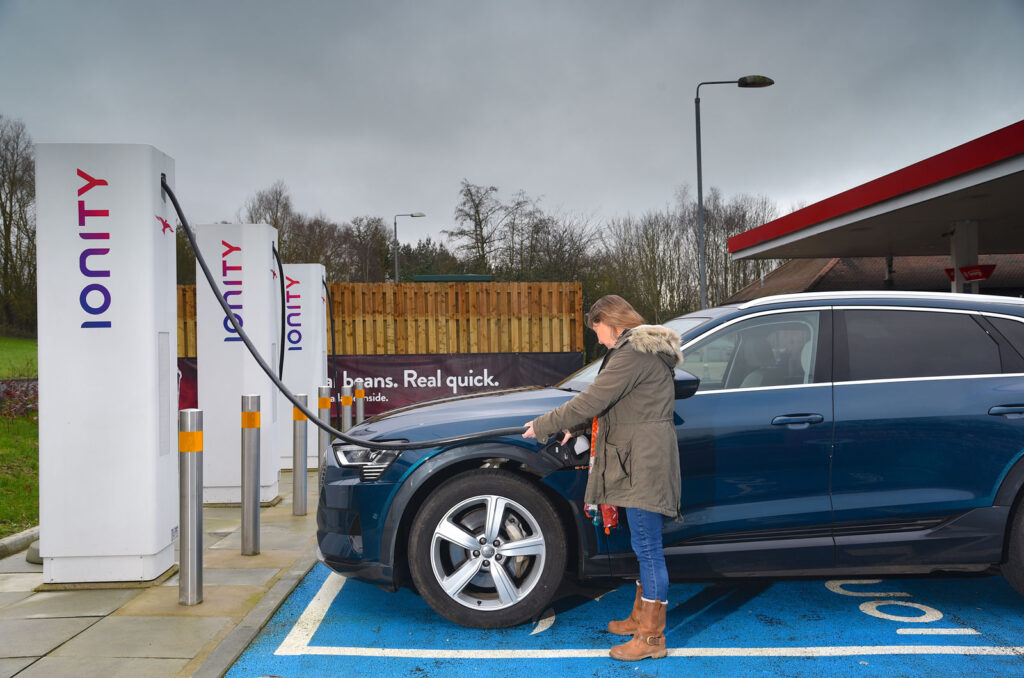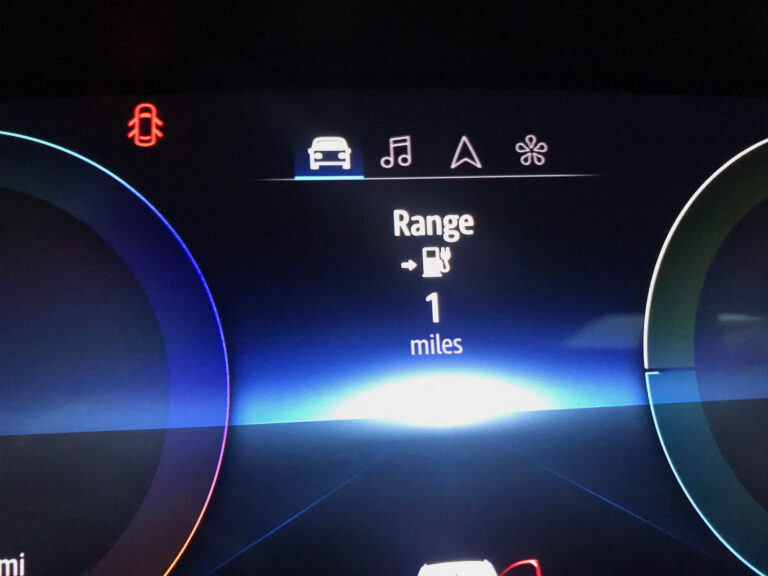Range anxiety. Mention electric cars to most drivers and it’s not long before the issue of the range of EVs is usually raised.
Obviously this only really relates to fully electric models, but the subject of range is often one that can be a major stumbling block to electric car or van ownership, so is it really a problem?
Most of us have grown used to driving petrol or diesel cars, some of which can travel up to 600 miles or beyond, on a single tank of fuel. We pay a visit to the filling station as infrequently as possible, usually when the needle gets low on the fuel gauge or we have a long journey ahead.

This isn’t the case with electric cars however. Rather than the occasional ‘big fill’ as with a conventionally-engined car, instead we will have to get used to constantly topping them up – when we’re parked at home, at work, at the supermarket, almost anywhere you can. That change of mindset and habit means that the full range of an electric car, within reason, isn’t perhaps the problem that it first appears. After all, most of us are asleep for eight hours, which is a good amount of charging time even on a slow charger.
Generally speaking too, ranges of electric cars are going up as battery technology improves – the first-generation Renault Zoe would manage around 90 miles on a full charge, the latest one can travel more than 200 miles. In the UK, cars drive an average of 20-30 miles a day – easy enough for even the earliest generations of electric vehicles to cover.
Plus, as charging points become more common and drivers gain more trust in the range of their vehicles, ironically they may no longer need to charge their cars as often as they first thought.
No, fully electric cars can’t yet match the seriously long range of a large diesel car, but how often do you use, or need, all of that range in one journey? The chances are it’s probably very rarely and, if this is a priority, then perhaps a plug-in hybrid or an electric car with a range extender engine might be a better option.

